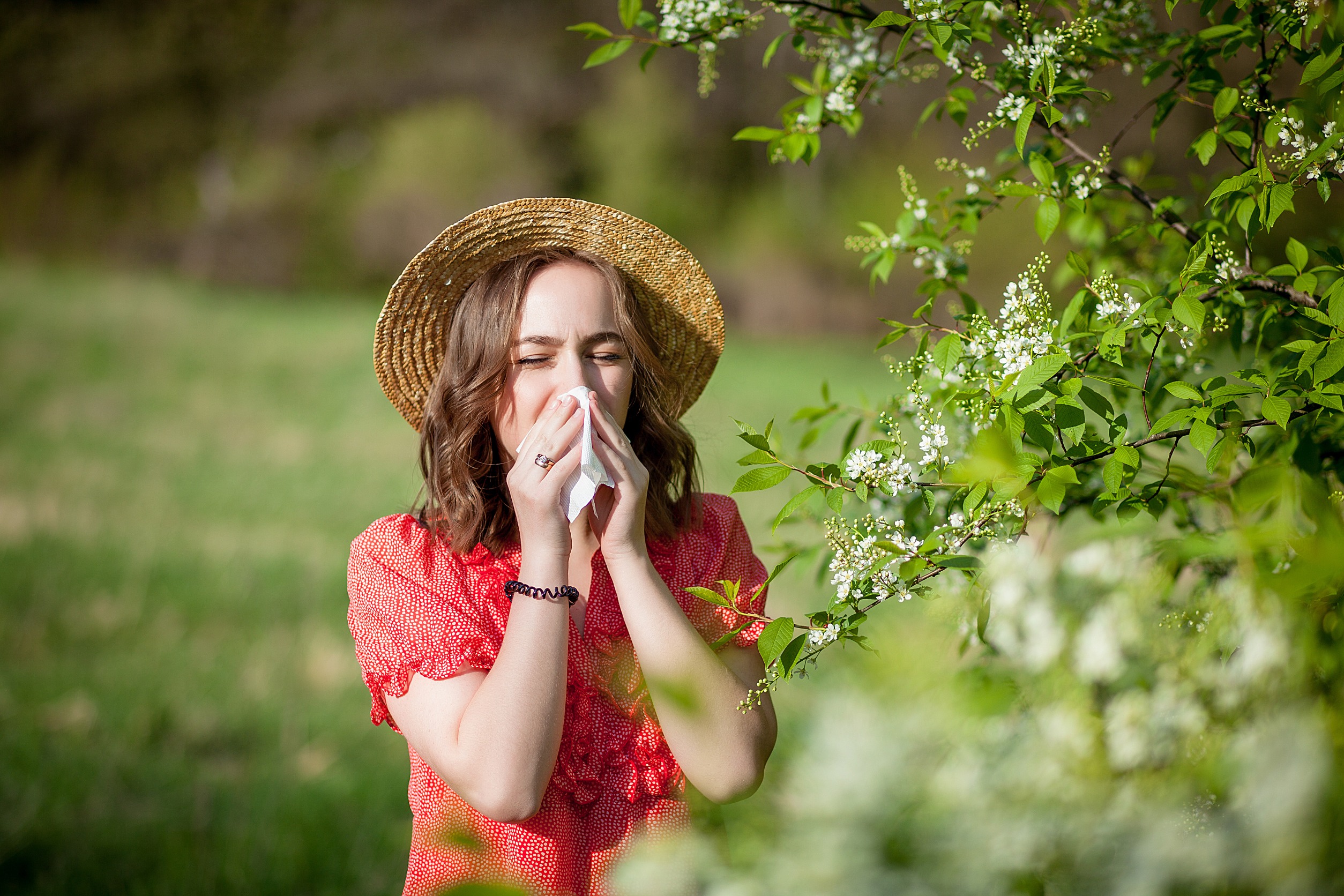When it comes to our children, nothing is more important than their health and happiness. Imagine having access to top-tier pediatric care right […]
Read More
Seasonal allergies in New Albany
Do you find yourself wishing you could breathe through your nose without sounding like Darth Vader? Do you long for the days when your eyes aren’t constantly watering and itchy? Well, you are not alone.
Welcome to the world of seasonal allergies, where nature’s beauty comes at a cost. As the seasons change, so do the allergens, causing a range of problems for your respiratory system. But, with a little knowledge and preparation, you can combat these allergens and enjoy the season without sacrificing your health. The health tips below from our healthcare team at Internal Medicine & Pediatric Clinic can help.
How do seasonal allergies start?
Seasonal allergies, also known as hay fever or allergic rhinitis, start when the body’s immune system overacts to harmless particles in the air. Such as mold, pollen, spores, or dust mites. The immune system is mistaking these harmless particles for dangerous invaders.
In an effort to protect you, the body releases a flood of histamine and other chemicals. This triggers inflammation and irritation in the nasal passages, throat, and eyes. In some patients, histamine can also cause asthma symptoms.
When histamine is released into the airways, it causes the smooth muscles surrounding the airways to constrict, making it harder to breathe. It also increases mucus production, further narrowing the airways and making it even more difficult to breathe.
That’s why our team at Internal Medicine & Pediatric Clinic in New Albany, MS recommends that people with asthma should avoid exposure to allergens that can trigger an asthma attack. It’s important to note that not all people with allergies develop asthma, and not all asthma patients have allergies. But, limiting exposure to allergens is a key component of reducing their impact.
Why are some allergies seasonal?
Some allergies are seasonal because they can occur due to a high concentration of allergens in the air during a specific time of the year.
For example, in spring, many people suffer from allergies to tree pollen. The release of pollen from trees is at its peak in April when mulberry, pine, and willow trees release their pollen. While in summer, grass pollen allergies are a serious problem.
In the fall, weeds, such as ragweed can trigger allergies. The timing of these allergens is directly associated with the natural cycle of plant growth and reproduction in the United States.
So, when you pass by, you breathe in these allergens and the immune system reacts to them. Both adults and children can experience seasonal allergies. See an internist or pediatrician at our clinic in New Albany if you or your child struggles with allergies.
How to know if you have seasonal allergies?
Wondering how bad can seasonal allergies get? Seasonal allergies can cause turmoil in your body. When you have seasonal allergy symptoms, you need to take the necessary medicine to get through the allergy season where you live.
The most well-known symptoms of seasonal allergies in adults and children include:
How to combat seasonal allergies?Allergy medications such as pills, nasal sprays, eye drops, asthma inhalers, or creams can help curb the symptoms. Don’t know which seasonal allergy treatment options are best for you? Schedule an appointment with Internal Medicine & Pediatric Clinic today. We offer personalized treatment services, wellness exams, asthma treatment, and more in New Albany MS.
When it comes to our children, nothing is more important than their health and happiness. Imagine having access to top-tier pediatric care right […]
Read More